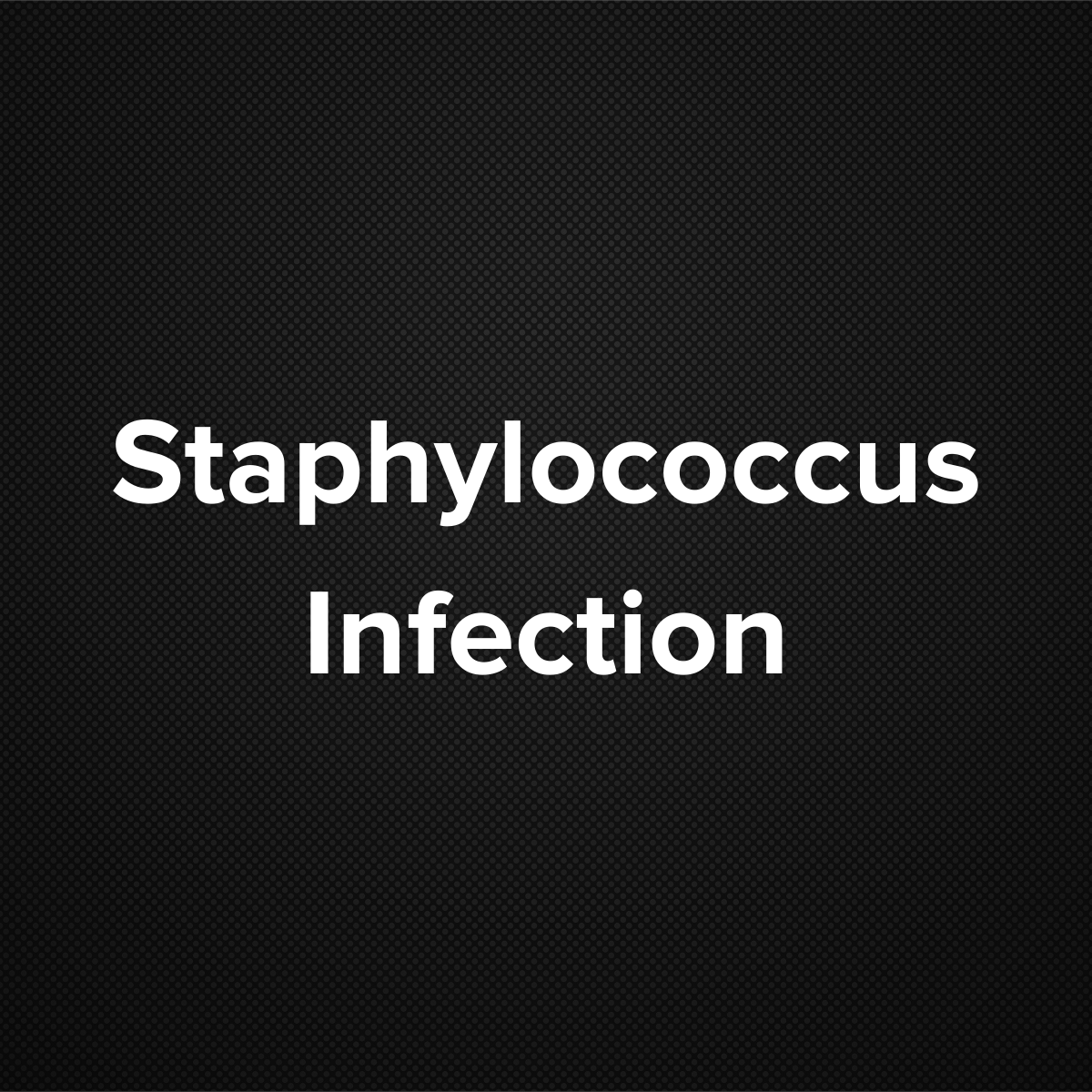Causes and risk factors
Staphylococcus causes direct infection or through production of toxins. The infection can be transmitted from person to person; or through use of inanimate objects such as pillows, towels, bed sheets etc contaminated with bacteria. Risk factors associated with staph infection are diabetes mellitus, HIV, kidney failure, weakened immune system, people getting treatment for cancer, damage to skin such as cut, cruises, wounds or eczema. Infection can be transferred through devices like urine catheters, feeding tubes, during dialysis. Contaminated food can transmit the bacteria such as uncovered foods, unwashed hands, unsanitary practices.
Clinical presentation
Clinical presentation depends upon the system affected. Skin infections include boils, furuncles, cellulitis, and impetigo. Food poisoning caused by bacteria will lead to nausea, vomiting, dehydration, diarrhoea, low blood pressure. It can cause urinary tract infection. It can cause bacteraemia when it enters blood and cause infections in various organs like kidney, brain, lungs etc. Toxic shock syndrome and septicaemia caused by staphylococcus infection is characterised by signs and symptoms such as high fever, confusion, muscle ache, abdominal pain , nausea, vomiting. The bacteria can cause septic arthritis leading to swollen and painful joints.
Investigation
Medical history by the patient and Clinical examination by the doctor helps in diagnosis. Blood test, blood culture, nasal secretions, sputum culture will reveal the organism. Skin biopsy may be required in case of skin infections.
Treatment
Treatment depends upon the site of infection. No treatment is required for mild staphylococcus infection. Antibiotics are useful and most effective against this infection. Supportive care with symptomatic treatments such as antipyretic medicines, analgesics, NSAIDs is given to prevent complications. Fluid replacement is necessary in case of severe dehydration. Wound dressing and wound care is required in case of skin infection.
Other Modes of treatment
The other modes of treatment can also be effective in treating staphylococcus infection. Homoeopathy is a science which deals with individualization considers a person in a holistic way. This science can be helpful in combating the symptoms. Similarly the ayurvedic system of medicine which uses herbal medicines and synthetic derivates are also found to be effective in treating staphylococcus infection.






























